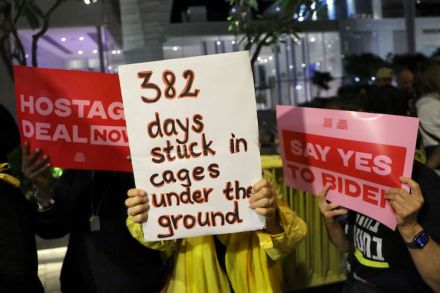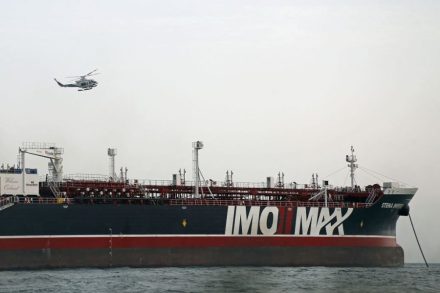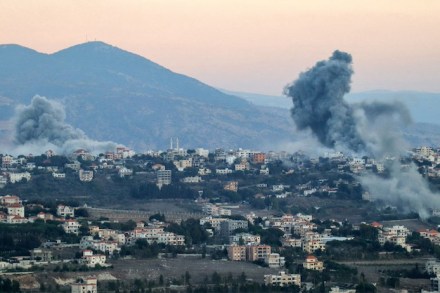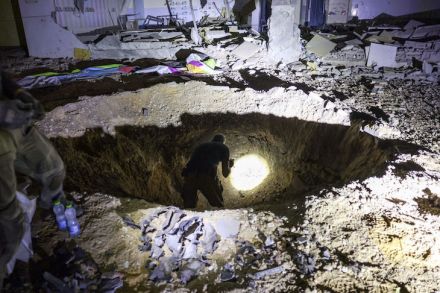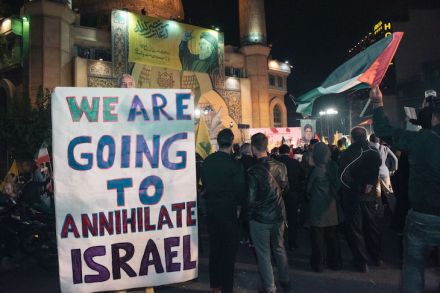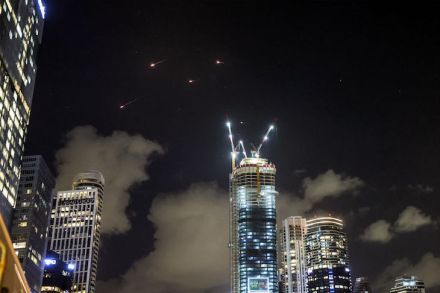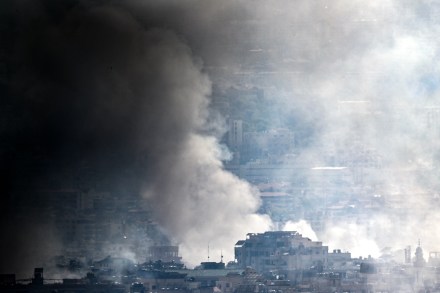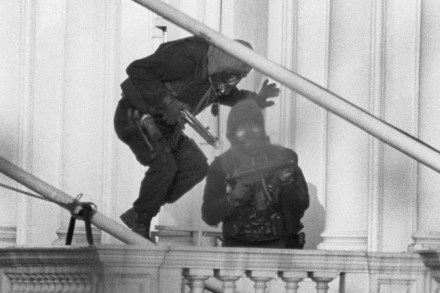Does Qatar still hold the key to a Hamas hostage deal?
Qatar is the Middle East’s mediator-in-chief. The assassination of Hamas’s senior leadership and Gaza War’s regionalisation to Lebanon have not thwarted Qatar’s push for a ceasefire and the release of ninety-seven Israeli hostages in Hamas’s custody. The CIA and Mossad chiefs brainstormed plans for a hostage release deal Qatari prime minister Sheikh Mohammed bin Abdulrahman al-Thani welcomed US Secretary of State Antony Blinken to Doha last Thursday. Sheikh Mohammed announced that Qatar had ‘re-engaged’ with Hamas after Yahya Sinwar’s death and would host US and Israeli negotiators for ceasefire talks. Blinken enthusiastically endorsed this proposal. On Sunday, CIA chief Bill Burns and Mossad head David Barnea arrived in Doha. As
